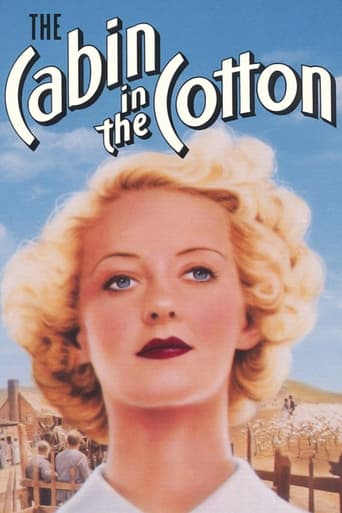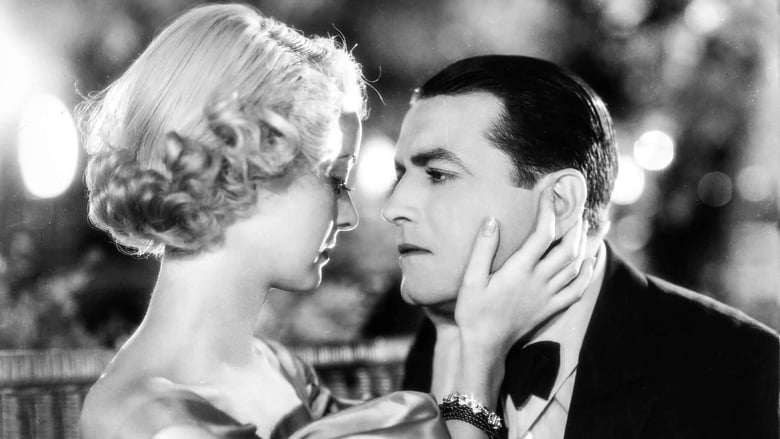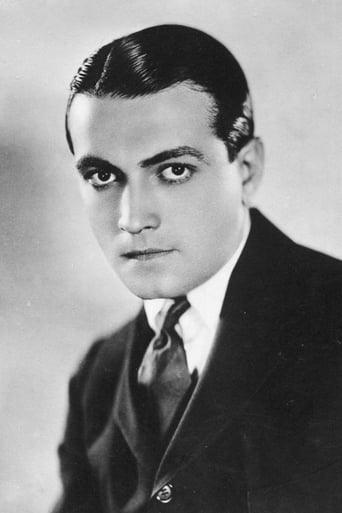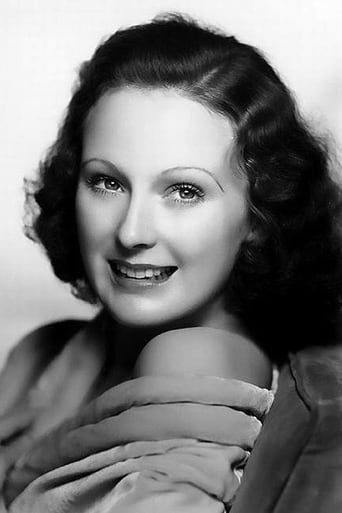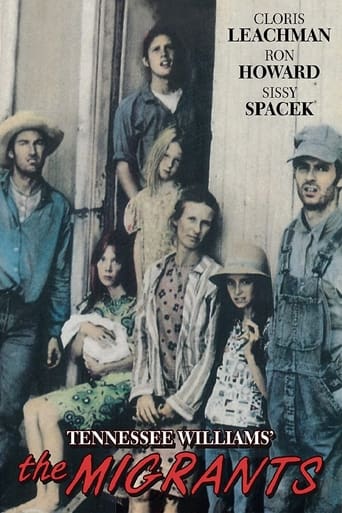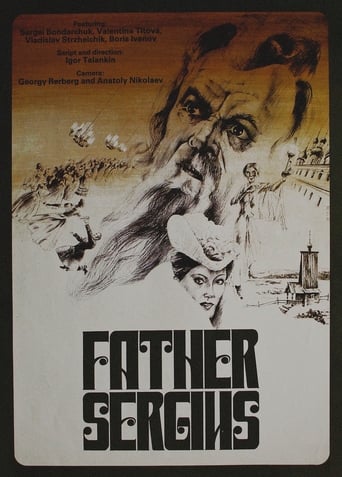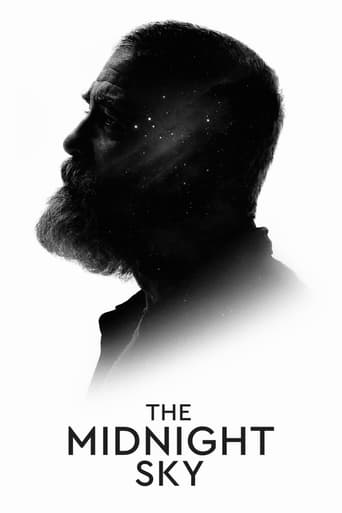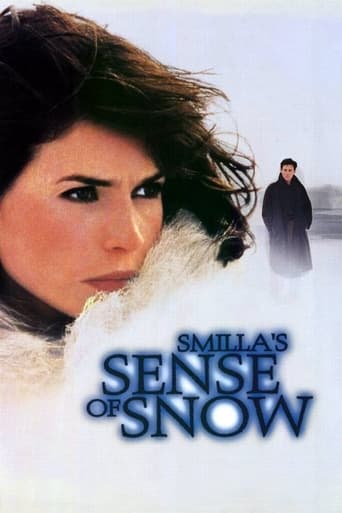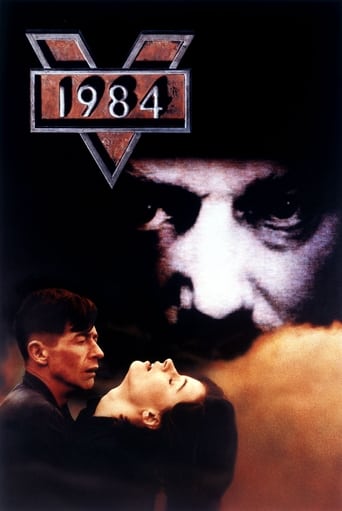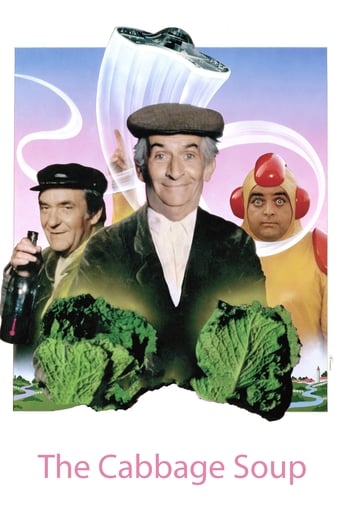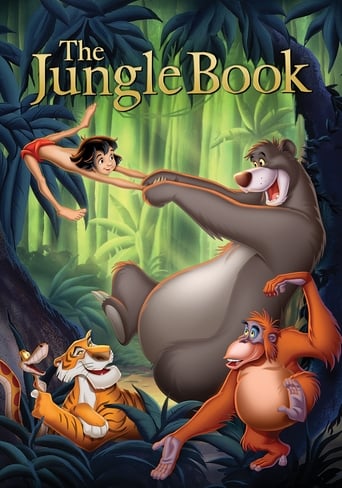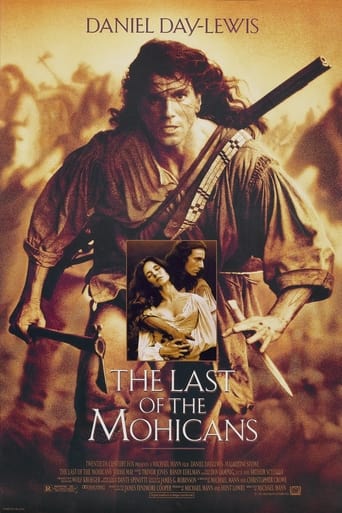The Cabin in the Cotton (1932)
Sharecropper's son Marvin tries to help his community overcome poverty and ignorance.
Watch Trailer
Free Trial Channels
Cast


Similar titles
Reviews
Excellent but underrated film
I wanted to like it more than I actually did... But much of the humor totally escaped me and I walked out only mildly impressed.
At first rather annoying in its heavy emphasis on reenactments, this movie ultimately proves fascinating, simply because the complicated, highly dramatic tale it tells still almost defies belief.
This is a must-see and one of the best documentaries - and films - of this year.
"Cabin in the Cotton," made in 1932, is famous for a blond, 23-year-old Bette Davis saying, "Ah'd love to kiss ya, but ah just washed mah hairah," a completely meaningless line that she made fun of in the '70s when she was touring with John Springer.She's very pretty here, and plays the haughty daughter of a planter who's after Richard Barthelmess.The film is a serious one, made during the depression, about the plight of sharecroppers who are exploited by planters. It's actually a compelling story. Unfortunately, I have never been a fan of Richard Barthelmess in sound films, so there for me, it falls short.Worth seeing, and if you're a Davis fan, don't miss this.
Can it really be Bette Davis - earlier the same year she was a very mousey, nothing special "girl" in "Hell's House". Now blonded, sparkling and vivacious - Bette Davis has sex appeal.Even though it's main claim to fame is sultry Bette Davis and her "legendary" line "I'd like to kiss ya but I just washed ma hair" - this film is much more.It was one of Warner Brother's "social" dramas, focusing on the clashes between the wealthy planters and the sharecroppers (called peckerwoods). Richard Barthelmass plays Marvin Blake, a share cropper's son who aspires to higher things. Dorothy Peterson plays his mother. When his father dies from over work, Norwood, the planter (Berton Churchill) encourages Marvin to stay at school and later on gives him a job looking after the plantation accounts. The honesty and purity of Marvin's personality keep him in limbo. He feels he doesn't belong to any group. He wants his people to accept him but they are suspicious of his involvement with Norwood. Dorothy Jordan, a popular ingénue in the early 30s, plays Betty, the sharecropper girl who always believes in him. He, in turn, feels loyalty for Madge because he thinks she loves him but he is just a plaything for her.Although not as hard hitting as other Warner's social dramas, it improved in the last half - with an impassioned speech by veteran silent actor Henry B. Walthall as an old sharecropper trying to explain to Marvin what they are fighting for. In the court case at the end of the film Marvin gives an emotional speech about the planters and share croppers working together. Clarence Muse makes a few notable appearances as a blind singer.
This film was probably made possible through FDR:s "New Deal". It does proclaim a middle road between vulgar capitalism and vulgar communism and so does not take a totally firm side against the owners but it still beats anything made today and what is Reilly a beauty is how well the ideas put forth blend in with the story, which is a sure sign for any masterpiece, which this certainly is. You have to go to Germany and "Kuhle Wampe" to find something similar but that is more like a loosely constructed road-movie compared with this. Truly astonishing stuff. As for Bette Davies and her antics - those are completely secondary and were probably only put there to work as a smokescreen for the producers. Should be shown in every school.
With all the emphasis on Bette Davis in this film, it is easy to overlook the musical interest. I counted four different musical groups, each assigned to a different "class". There was the marching band at the funeral (black used at a poor white event), the jug band (white, at the poor white party), the jazz band (black, at the rich white party), and the blues singer. This is a surprisingly rich array of styles.Interestingly, only the blues singer (Clarence Muse) is credited.

